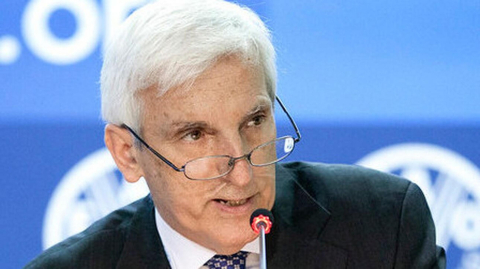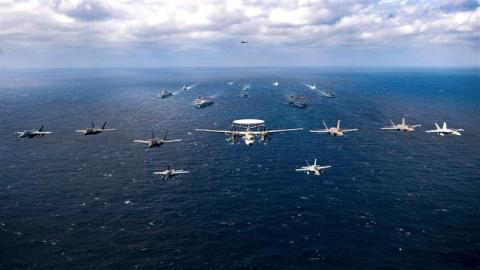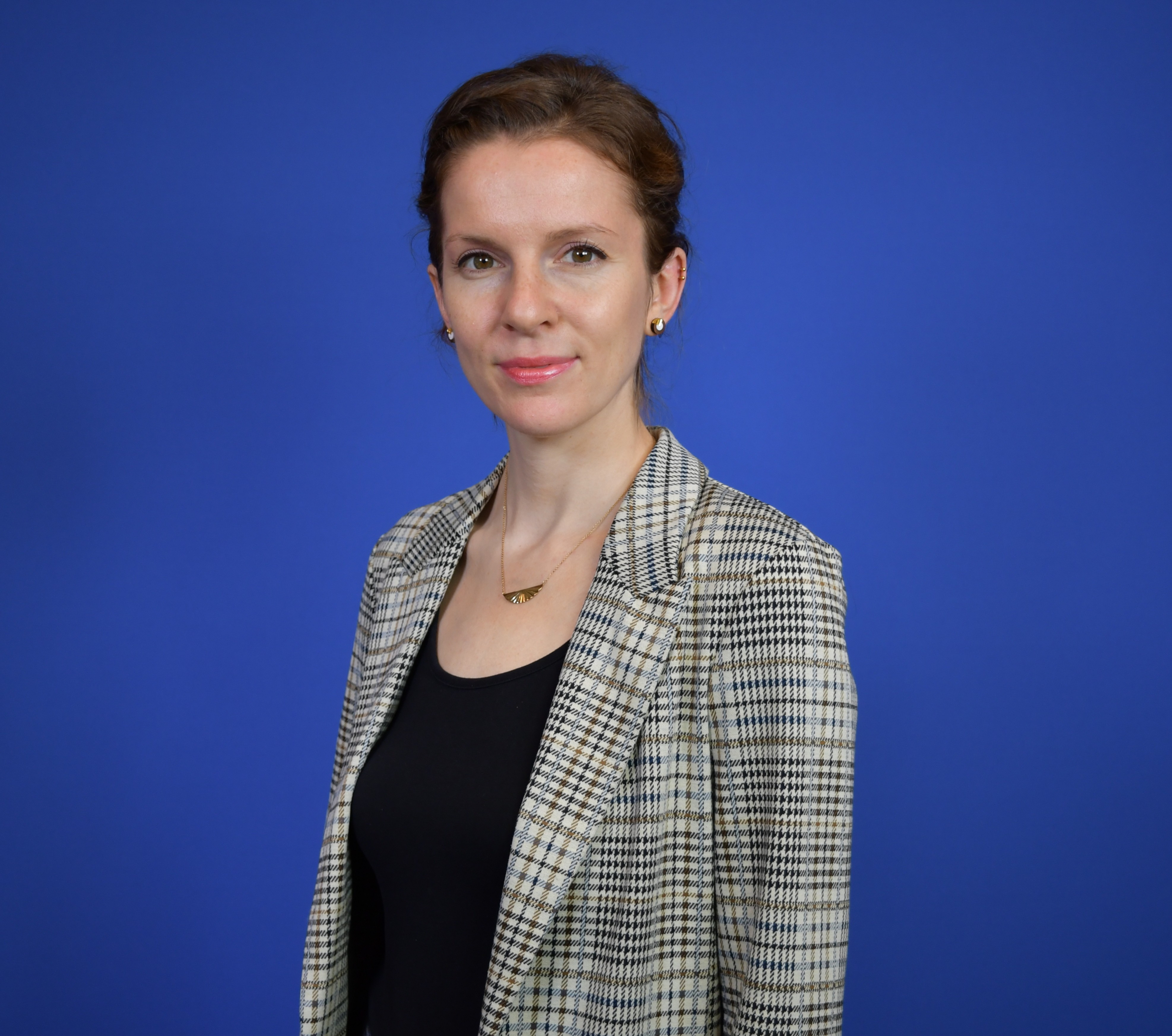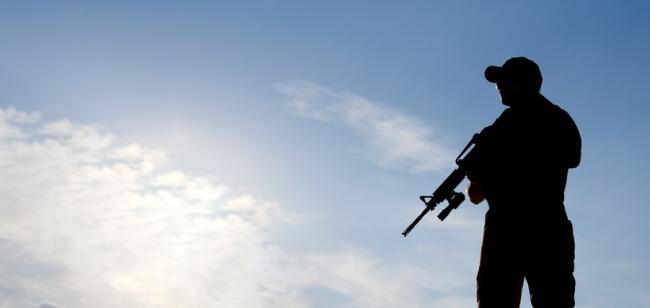Europe Needs an Africa policy – Defining French and German Stances on Africa

Practical information
Event reserved for our donators.
Find out more about our donor programsOnline Seminar - French-German Workshop for the Future
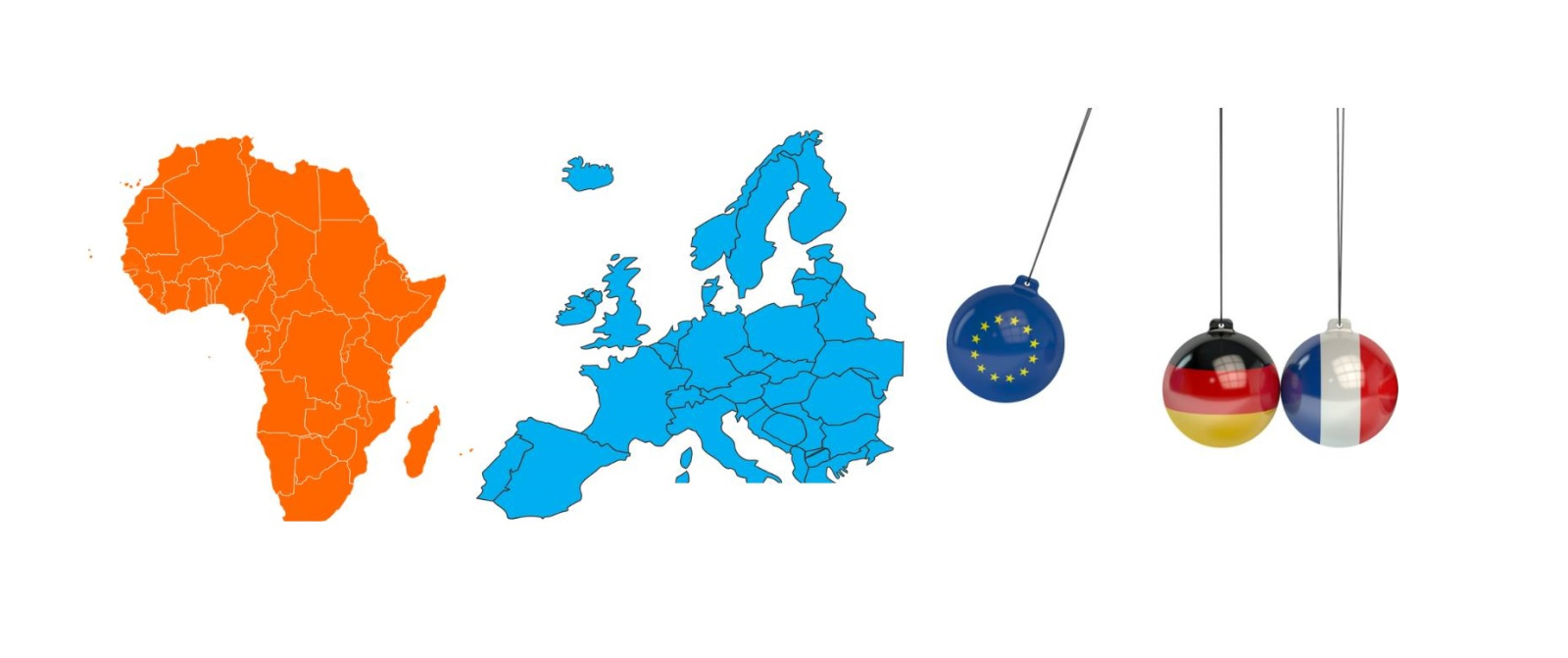
In European policies, the significance of the relationship with the African continent is rising. This has been symbolically shown during the first outside Europe trip of Ursula von der Leyen as head of the EU-Commission to Ethiopia in December 2019. The sixth EU-Africa summit, which should be held in October 2020 could also be an opportunity to (re)shape the European African policy. At the EU-level, a general consensus about the priority topics exist, including political stability, strengthening state capacity, fighting against terrorism but also against poverty to find local solutions to the triggering factors of migration toward Europe. The EU is also interested in the question of international trade to redefine its position in a context of increasing competition with other emerging partners of the continent, especially China, Russia, and Middle Eastern countries.
France and Germany maintain strong historical, diplomatic and economic relationships with numerous countries of the continent and can thus play an important role in orienting the European Africa policy. Whereas the French involvement has been mainly military to secure the Sahel region, Germany has been engaging in technical development cooperation.
These complementary experiences of France and Germany, which are due to their respective historical links with the continent, as well as their potential role in the negotiation of the European strategy for Africa will be discussed by Sina Schlimmer, Research Fellow at the Subsaharan Africa Centre at Ifri and Martin Mauthe-Käter, deputy director of the Africa-policy division at the German Federal Ministry for economic cooperation and Development during the webinar « Deutsch-Französische Zukunftswerkstatt ».
The event is co-hosted by the Konrad-Adenauer Foundation and the Institut français Bonn.
Subscribe to follow the debate via Zoom or watch it on Facebook live in German on the Institut français Bonn's page or on the Konrad-Adenauer-Stiftung Büro Bonn's page.
Q&A on Zoom and Facebook!
Partner of the debate

Speakers
Find out more
L’Afrique de l’Est face à la gestion du COVID-19. Un enchevêtrement de crises ?
Lorsque le COVID-19 a atteint l’Afrique subsaharienne[1], des experts ont pronostiqué une situation catastrophique avec une flambée rapide et exponentielle du nombre de malades. Néanmoins, le virus s’est propagé plus lentement que prévu et la plupart des pays ne semblent pas (encore) avoir atteint le point culminant de la pandémie.
Russian Private Military Contractors in Sub-Saharan Africa: Strengths, Limitations and Implications
Since 2014, Russia has notably intensified its policies in Africa, joining the race for local markets and opportunities presented by the rapidly growing and transforming continent.
Circulation et commercialisation de chloroquine en Afrique de l’Ouest : une géopolitique du médicament à la lumière du COVID-19
La publication le 25 février 2020 d’une vidéo montrant le professeur français Didier Raoult présentant en des termes laudateurs le résultat d’une étude chinoise sur l’effet de la chloroquine sur le coronavirus (SARS-CoV-2)[1] a jeté une lumière nouvelle sur cet ancien médicament. L’annonce, suivie par la mise en place du spécialiste des maladies infectieuses d’un protocole associant l’hydroxychloroquine[2] à un antibiotique, a depuis suscité de nombreuses réactions, des essais complémentaires et des scandales liés au processus de vérification des articles scientifiques.
Related Subjects
Other events
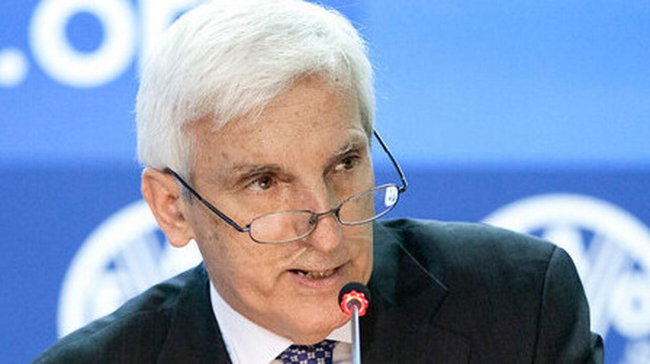
Europe’s Southern Courtyard and Southeastern Neighborhood: The Greek Perspective
Greece stands at the crossroads of Europe’s southern flank, the Balkans, and the Eastern Mediterranean, a pivotal position for regional security and stability.
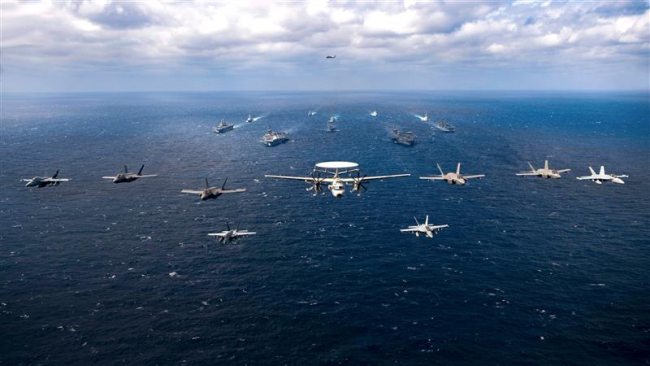
Navigating the Taiwan Strait Tensions: Perspectives from Japan, the Philippines, and France
As tensions continue to rise in the Taiwan Strait and discussions grow about hybrid frictions potentially escalating into a kinetic conflict in the coming years, neighboring countries are bracing for impact. Japan and the Philippines would be on the front lines if a crisis were to erupt in the Taiwan Strait.
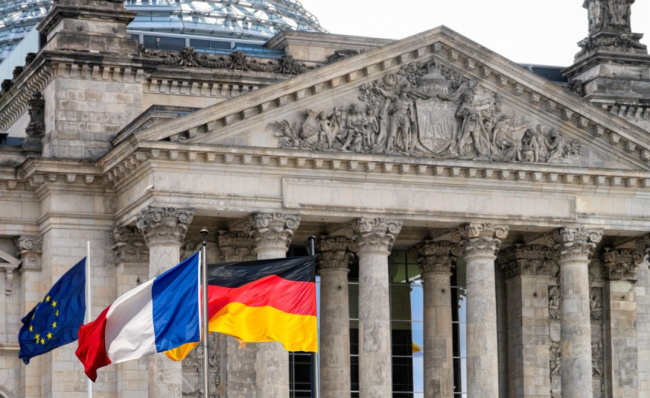
France-Germany, The Engine Under Pressure
Annual Conference of The Study Committe on Franco-German Relations (Cerfa) ─ Faced with a profoundly disrupted strategic and economic environment, Franco-German cooperation is more than ever the central pillar of Europe's future. The war in Ukraine, energy and technological dependence, and uncertainty about the strength of the transatlantic ties require urgent deepening of European sovereignty, both in terms of defence and economic and industrial competitiveness.





